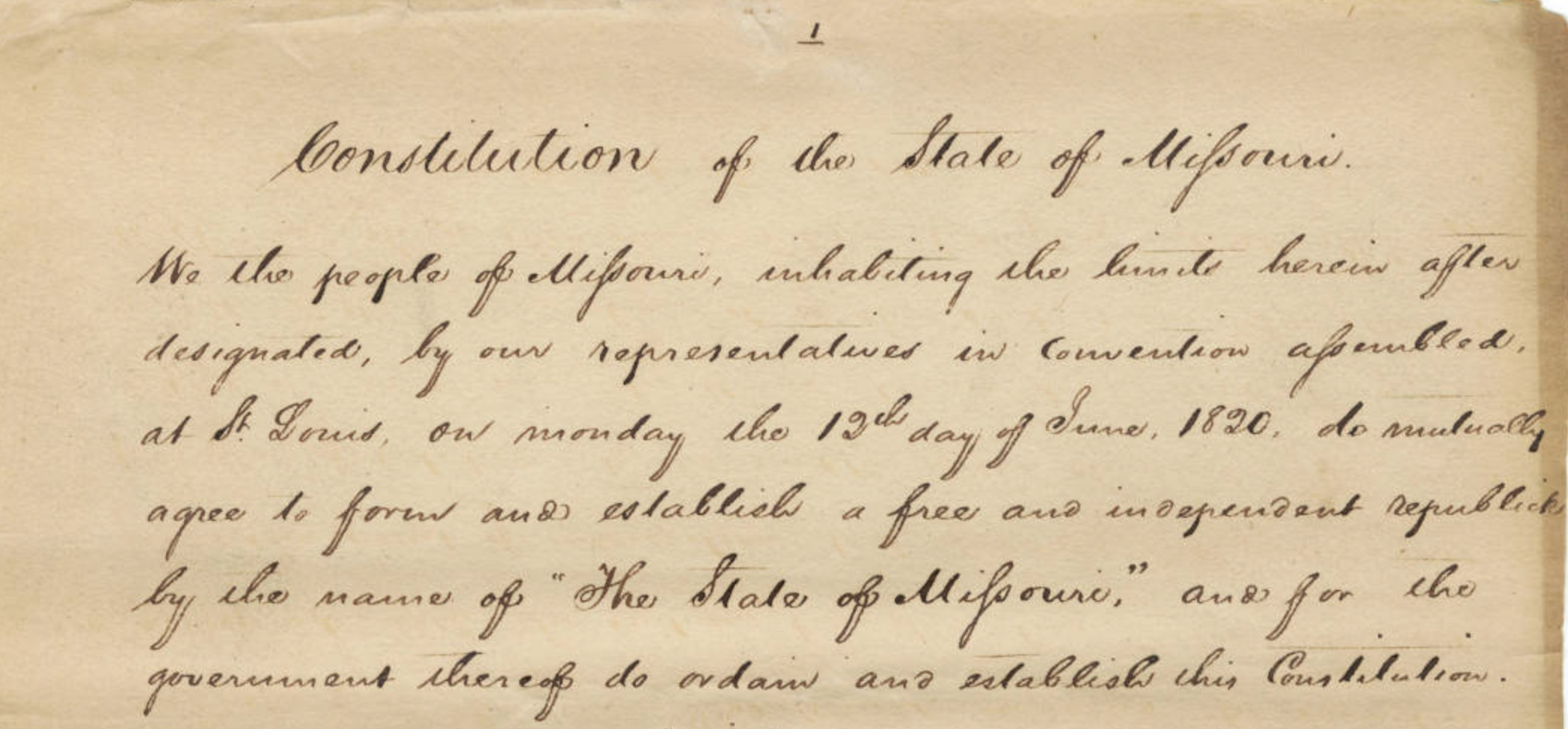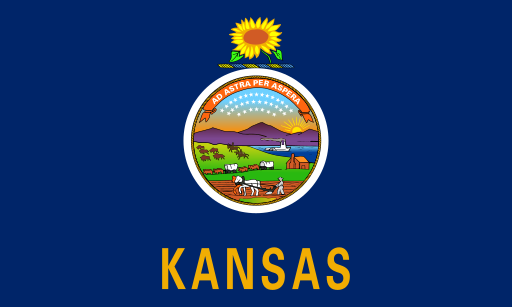Tag: 2023 elections
-
Three candidates have filed to appear on Georgia’s Democratic presidential primary ballot

The Georgia Secretary of State released the list of candidates who filed for the Democratic presidential primary on Nov. 29, 2023, ahead of the Jan. 8, 2024, deadline. Three candidates qualified to appear on the March 12, 2024, ballot. Biden, Phillips, and Williamson have qualified to participate in five or more nominating contests. See the…
-
Voters in six states decided on 32 constitutional amendments in 2023, the highest number of constitutional amendments during an odd-numbered year since 2003

In 2023, voters in six states decided on 32 constitutional amendments—the highest number of constitutional amendments on the ballot during an odd-numbered year since 2003. Voters approved 27 of the 32 proposed constitutional changes in 2023 for an approval rate of 84.38%. During odd-numbered years since 2007, an average of 23 constitutional amendments appeared on…
-
29 state legislative incumbents lose re-election bids in 2023

In 2023, 29 state legislative incumbents lost their re-election bids: 13 in general elections and 16 in primaries. This was more than in 2021 (22) but fewer than in 2019 (31). In the four states that held elections – Louisiana, Mississippi, New Jersey, and Virginia – 19 Republican incumbents (10 in primaries and nine in…
-
34 officials face recall elections on Nov. 7

Ballotpedia is covering recall elections against 34 officials on November 7, 2023. The elections against 28 of those officials are happening in Michigan. Another three are in Oregon, and the remaining three are split between Colorado, Ohio, and Texas. Thirteen of the 34 officials on recall ballots are city council members. Nine are city officials,…
-
Seventy-three races this year have candidates that share the same last names

Among the elections Ballotpedia is covering in 2023, 73 are between 148 candidates who share last names with one or more of their opponents. Pennsylvania had the most such races (27), followed by Wisconsin (19). North Carolina and Wisconsin each had races where three candidates share the same last name. This data includes the elections…
-
Ten candidates running for Leavenworth Unified School District 453 School Board

Ten candidates are running in the general election for Leavenworth Unified School District 453 school board in Leavenworth County, Kansas, on Nov. 7, 2023. Four of seven school board seats are up for election, and voters can choose up to four candidates. The district had approximately 3,695 students during the 2021-2022 school year. Two slates…
-
Seven states have banned foreign spending in ballot measure elections. Maine voters will decide the issue with Question 2 on Nov. 7.

In Maine, voters will decide on Question 2 on Nov. 7. Question 2, a citizen-initiated statute, would prohibit foreign governments, or entities with at least 5% foreign government ownership or control, from spending money to influence ballot measures or candidate elections. Federal law currently prohibits contributions, donations, expenditures (including independent expenditures), and disbursements by foreign…
-
Five state financial officers are on the ballot in November 2023

In November 2023, voters will elect five of the 105 state financial officerships (SFOs) nationwide (4.8%). Two auditor positions (Kentucky and Mississippi) and three treasurer positions (Kentucky, Louisiana, and Mississippi) are on the ballot. Republicans currently hold all five positions. Different states have different names for these elected officials, but they all fall into three…
-
Maine Question 2 addresses foreign spending in elections. What is the history of the topic in Maine?

On Nov. 7, Maine voters will decide on Question 2, a ballot initiative to prohibit foreign governments, or entities with at least 5% foreign government ownership or control, from spending money to influence ballot measures or candidate elections. The issue of foreign contributions to ballot measure campaigns was discussed during the 2021 election cycle when…
-
Ohio will be the fourth state to vote on a state constitutional right to abortion

In Ohio, voters will decide on Issue 1 on Nov. 7, 2023. Issue 1 would establish a state constitutional right to “make and carry out one’s own reproductive decisions,” including abortion, contraception, and other reproductive matters. Issue 1 would allow the state to restrict abortion after fetal viability, except when “necessary to protect the pregnant…

